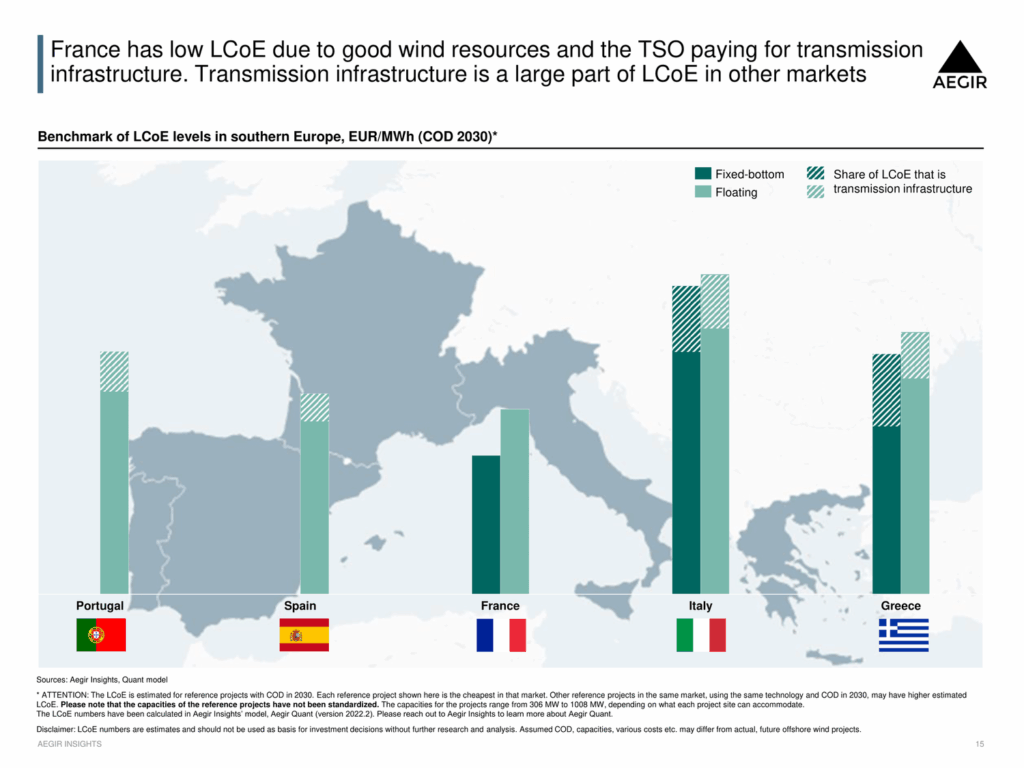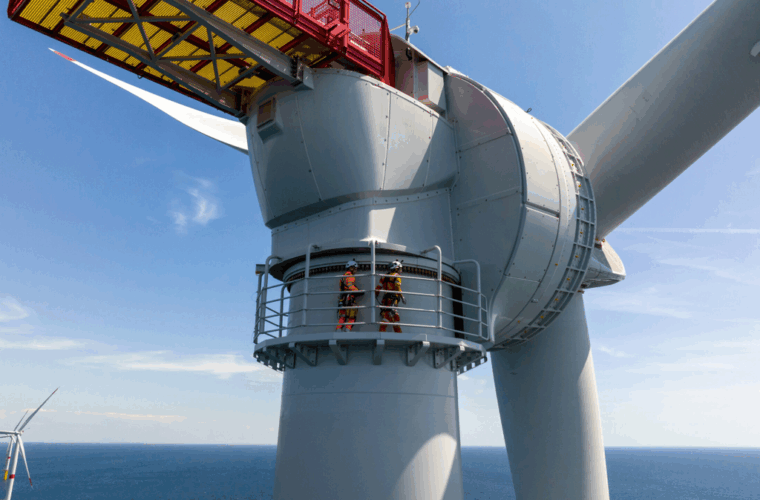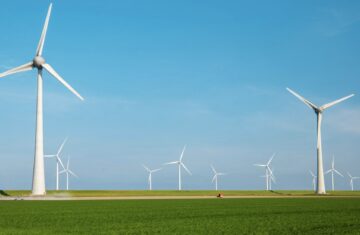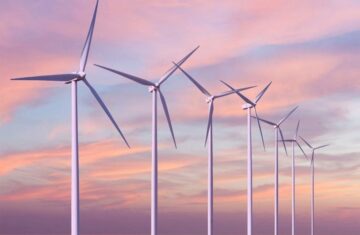Paris, France — France may fall short of its ambitious offshore wind installation targets unless significant reforms are made to streamline permitting processes and foster a more favorable investment climate, according to a new report from the Institute for Energy Economics and Financial Analysis (IEEFA).
Despite conducting multiple tenders since 2011, France has only managed to deploy 1.5 GW of operational offshore wind capacity, which currently contributes a mere 1% to the nation’s electricity supply. This figure is substantially lower than that of its northwest European neighbors.
The IEEFA warns that if France does not accelerate the pace of offshore wind development, the country could reach only 3 GW of operational capacity by 2032. This would leave it significantly off track to achieve the government’s target of 18 GW by 2035, hampering efforts to replace aging nuclear reactors slated for decommissioning in the coming years.

Jonathan Bruegel, a power sector analyst and author of the report, cited several barriers hindering progress. “A combination of complex permitting, legal challenges, and an excessive focus on nuclear power has stymied offshore wind development in France,” he stated. He also noted a lack of political and financial backing for offshore wind, which has created uncertainty for investors compared to other European nations.
The report outlines several critical recommendations for the French government:
- Streamline Offshore Wind Licensing: Simplifying approval processes for projects to expedite deployment.
- Shorten Legal Challenge Timelines: Reducing the duration of legal disputes that can delay projects.
- Develop a Nuclear Phase-Down Plan: Integrating offshore wind into the strategy for transitioning away from nuclear energy.
- Modernize the Grid: Upgrading the transmission system to better accommodate intermittent renewable energy sources.
The IEEFA report highlights that the current policy emphasis on nuclear power has diverted essential financial resources from renewable energy projects, jeopardizing energy security for the nation. The organization advocates for a structured transition plan prioritizing offshore wind and other renewables.
Bruegel stressed the urgency of unlocking France’s offshore wind potential: “To transition from a nuclear-dominated power mix to a balanced system with significant renewable energy, decisive action is necessary.” Without these reforms, France risks falling further behind in its renewable energy goals, threatening both energy security and environmental commitments.



